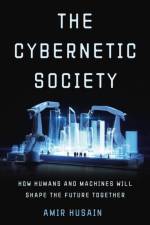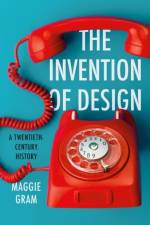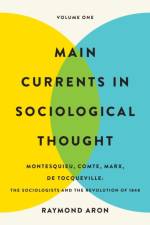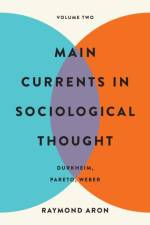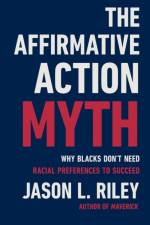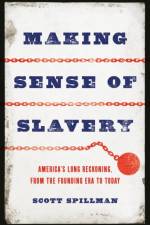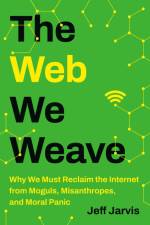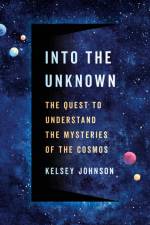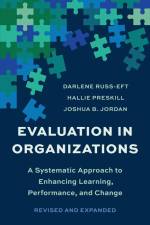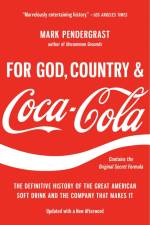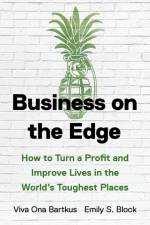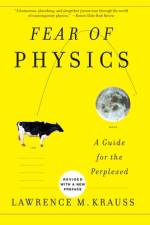av Ilan Stavans
289,-
An irreverent and kaleidoscopic cartoon history of Latino life, culture, and politics, now revised and updated for its twenty-fifth anniversary In Latino USA, Latin American and Latino scholar Ilan Stavans captures the joys, nuances, and multiple dimensions of Latino culture within the context of the English language. Combining the solemnity of so-called serious literature and history with the inherently theatrical and humorous form of comics, this cartoon history of Latinos includes Columbus, the Alamo, Desi Arnaz, West Side Story, Castro, Guevara, the Bay of Pigs, Neruda, the Mariel boatlift, Selena, Sonia Sotomayor, and much more. To embrace the sweep of Hispanic civilization and its riot of types, archetypes, and stereotypes, Stavans deploys a series of “cliché figurines” as narrators, including a toucan (displayed regularly in books by García Márquez, Allende, and others), the beloved Latino comedian Cantinflas, a masked wrestler, and Captain America. Their multiple, at times contradictory voices provide unique perspectives on Latino history, together creating a carnivalesque epic, democratic and impartial. Updated to bring the book up to the present moment, this twenty-fifth anniversary edition includes thirty new pages of Latino history, from Hamilton to George Santos. Latino USA, like the history it so entertainingly relates, is a treasure trove of irreverence, wit, subversion, anarchy, politics, humanism, and celebration.

